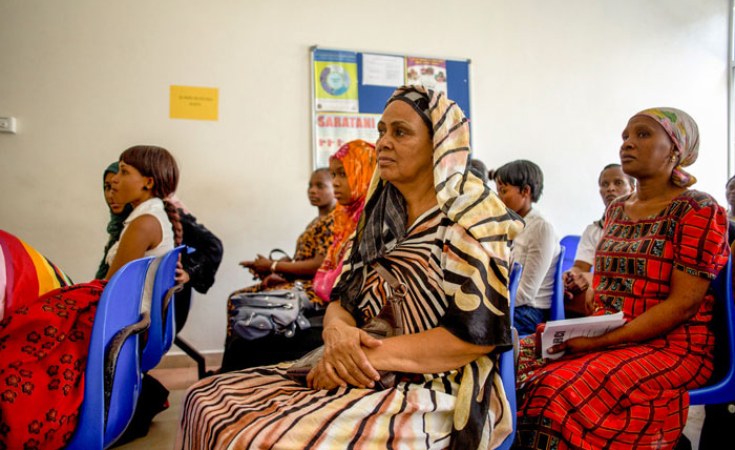DAR ES SALAAM: A COALITION of Women on Constitution, Elections and Leadership has called for changes in the electoral laws to remove unopposed candidates in the councillorship and parliamentary elections.
The coalition which includes more than 200 non-governmental organisations and civil society organisations suggested that voters should vote even if only one candidate vies for the post to bring in a sense of voters' decision.
Speaking during the press conference in Dar es Salaam on Monday, a member of the coalition, Victoria Mandari said unopposed candidates undermine competition in the elections and may provide room for corruption.
"This may fuel corruption because a well-off candidate may influence other candidates to quit the race so that he or she becomes a solo candidate to win the election unopposed. We would like this section changed," said Ms Mandari.
Reading a joint statement on behalf of other members, the Vice Chairperson of the coalition, Ms Maria Ndaro said they wanted legal changes that will enable people to compete.
"We want an open, free and safe system that enables citizens especially women to exercise their basic right to be elected through competition based on their ability and expertise," Ms Ndaro insisted.
Ms Ndaro said Special-Seats Members of Parliament cannot be appointed to the position of Prime Minister or Speaker of the National Assembly among other important positions.
They argued that to achieve 50/50 representation in constituencies the women should be voted for instead of leaving it to the parties to determine to select them for Special Seats.
Another member of the coalition, Dr Hellen Kijo-Bisimba said the nation needed gender-sensitive laws.
The current system puts women at risk of going through acts of violence during the intraparty elections, including sexual bribery.
Dr Kijo-Bisimba said the political parties have the responsibility of strengthening gender equality.
According to their analysis, the amendment bill for political parties 2023 does not it make mandatory for political parties to consider gender balance in the selection of candidates.
It does not either force them to allocate funds for the implementation of gender policy, she said.
On her part, senior activist Dr Ananilea Nkya said: "We have analysed all three bills and discovered there are gaps in gender issues so we call for changes in those bills so as we form gender-sensitive laws."


